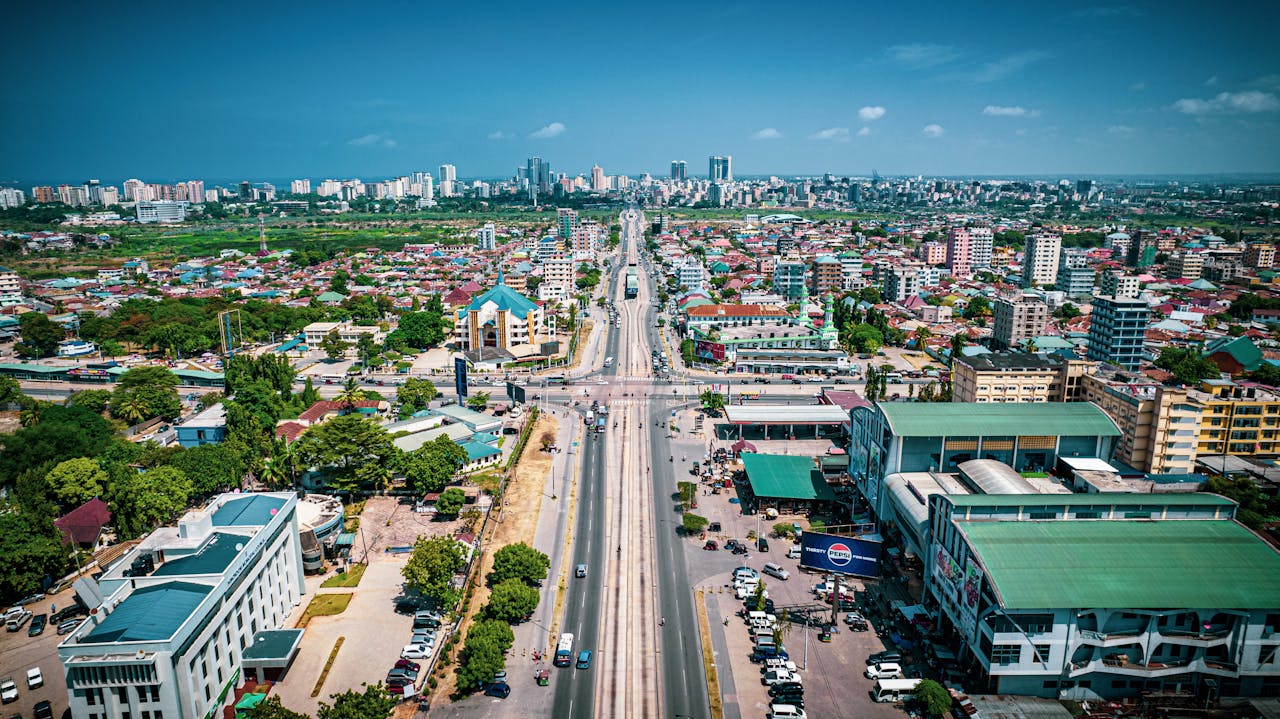June 2025
This article is based on publicly available information and media sources and is intended for informational purposes only. It is not comprehensive and should not be construed as official financial, legal, or investment advice. Readers are encouraged to seek professional counsel for specific matters.
Efficient logistics and transport infrastructure lie at the core of economic growth, enabling countries to trade goods, attract investment, and ensure that businesses and consumers remain connected. In Africa, where the development potential is immense, logistics remains both a bottleneck and an opportunity. As the continent works to industrialise, feed its growing population, and integrate with global markets, overcoming logistical challenges is essential.
The Current Landscape
Africa’s logistics performance has historically lagged behind global standards. According to the World Bank’s 2023 Logistics Performance Index (LPI), most African countries rank below the global average. For example, Nigeria, the continent’s largest economy, ranked 88th out of 139, while Kenya stood at 63rd. Landlocked countries such as Chad, South Sudan, and the Central African Republic face even greater challenges, with limited port access and poor road infrastructure.
The African Development Bank (AfDB) estimates that poor infrastructure cuts economic growth across the continent by as much as 2% per year and reduces business productivity by up to 40%. Roads carry over 80% of goods transported across Africa, but only about 43% of the continent’s roads are paved. Delays at borders, inefficient customs systems, and fragmented regulations further slow down trade, especially across countries with weak institutional coordination.
The Cost of Inefficiency
Inefficient logistics have a direct cost. In many African countries, transporting goods can be up to three or four times more expensive than in other parts of the world. A World Bank study noted that shipping a container from Durban to Lusaka (approximately 2,000 km) can cost as much as shipping the same container from China to South Africa. For perishable goods, such as fresh produce or pharmaceuticals, these delays and costs can be devastating, often leading to spoilage, missed market opportunities, and reduced farmer income.
Solutions and Innovations
Efforts to address these issues are gaining traction. The African Continental Free Trade Area (AfCFTA), founded in 2018 with trade commencing in 2021, aims to reduce tariffs and non-tariff barriers and harmonise trade rules across 54 countries. While implementation is still in progress, it provides a framework for improving border cooperation and streamlining trade procedures.
Infrastructure investment is also key. Flagship projects such as the Lamu Port-South Sudan-Ethiopia Transport (LAPSSET) corridor, and the North-South Corridor in Southern Africa, aim to improve port capacity and upgrade roads and railways. The African Development Bank has committed over $10 billion to transport infrastructure development over the past decade.
Meanwhile, digital solutions are transforming logistics. Companies are increasingly using GPS tracking, e-manifests, and digital customs clearance systems to cut paperwork and reduce transit times. Start-ups and logistics tech platforms are also helping small businesses and farmers connect to markets more efficiently.
The Role of the Private Sector
Companies like Afritrac UK are stepping in to fill the gaps. With decades of experience in African markets, Afritrac UK supports cross-border trade by offering logistics services tailored to the region’s realities — from consolidated shipments and customs support to agricultural export expertise. By combining local knowledge with international standards, companies like these are helping African businesses access global markets with more confidence and reliability.
Conclusion
Africa’s development hinges on its ability to move goods efficiently and cost-effectively. While challenges persist, progress is being made through policy, investment, and innovation. Unlocking the full potential of African trade starts with getting logistics right — from the farm gate to the global marketplace.


